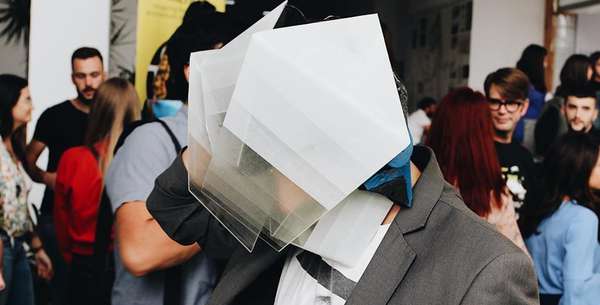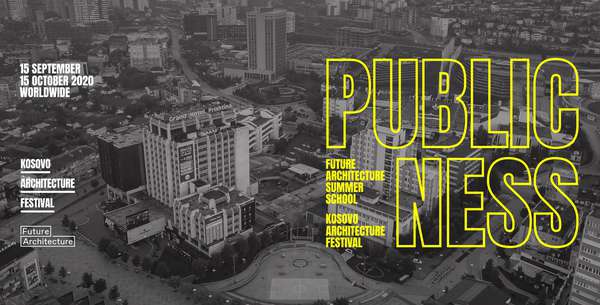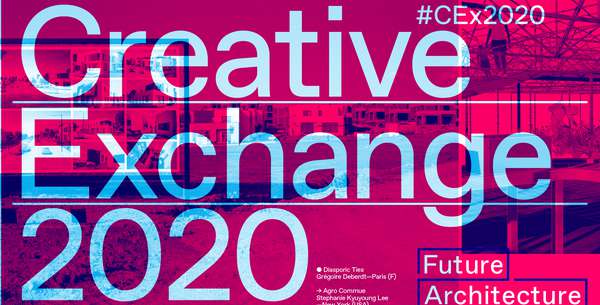Idea by
Fabio Ciaravella, Cristina Amenta, Mimì Coviello, Clara Cibrario Assereto
Architecture of Shame
https://www.architectureofshame.org/Map
Call for ideas 2020
Architecture of Shame
Architecture of Shame
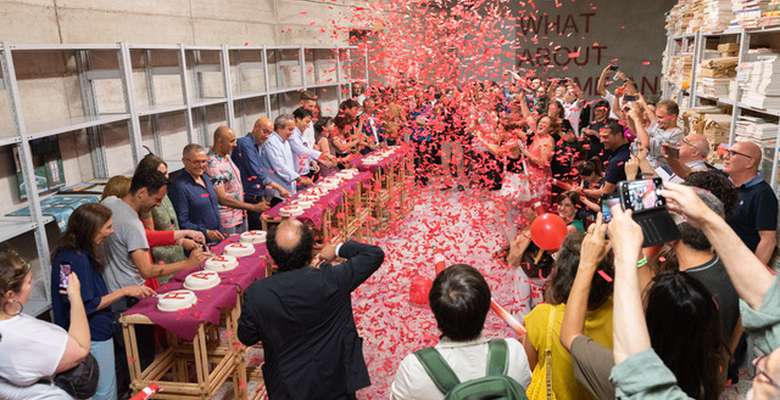
- Site-specific cases
AoS uses the relationship between Architecture and Shame to trigger a productive dialogue about which part of our identities is reflected in the built space and in the way we look at it.
The starting cultural filter is the story of Matera (IT) called Shame of Italy in 1950 and recognized a World Heritage in 1993.
This radical change occurred thanks to a cultural evolution.
By using shame as a tool we want to question a "negative feeling": should we be ashamed by some architectures, places, cities or should we re-consider their qualities? Are we feeling ashamed enough by those architectures that shows embarrassing sides of our culture?
In between of these questions we can investigate architecture as the place of social intimacy and public values, we can use architectures as a way to talk about unresolved questions of our public life and civic engagement.
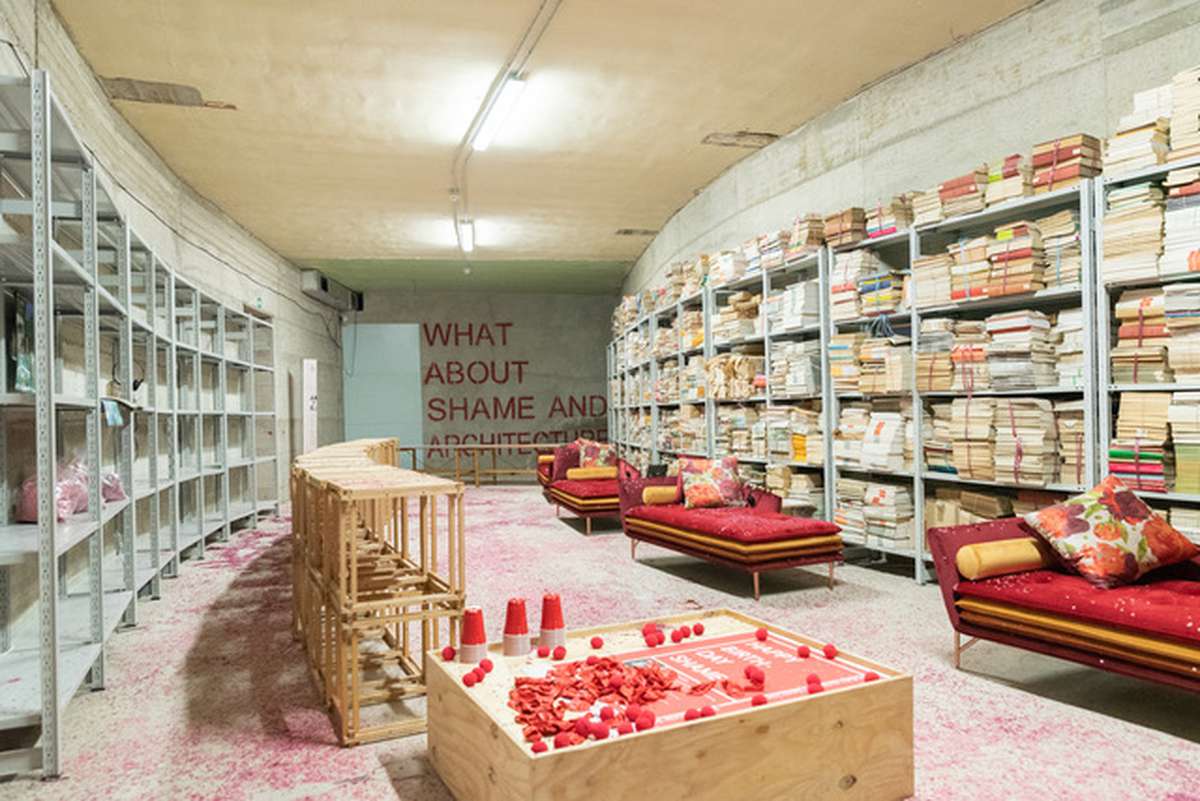
Exhibition for Matera 2019 ECoC: Archive room
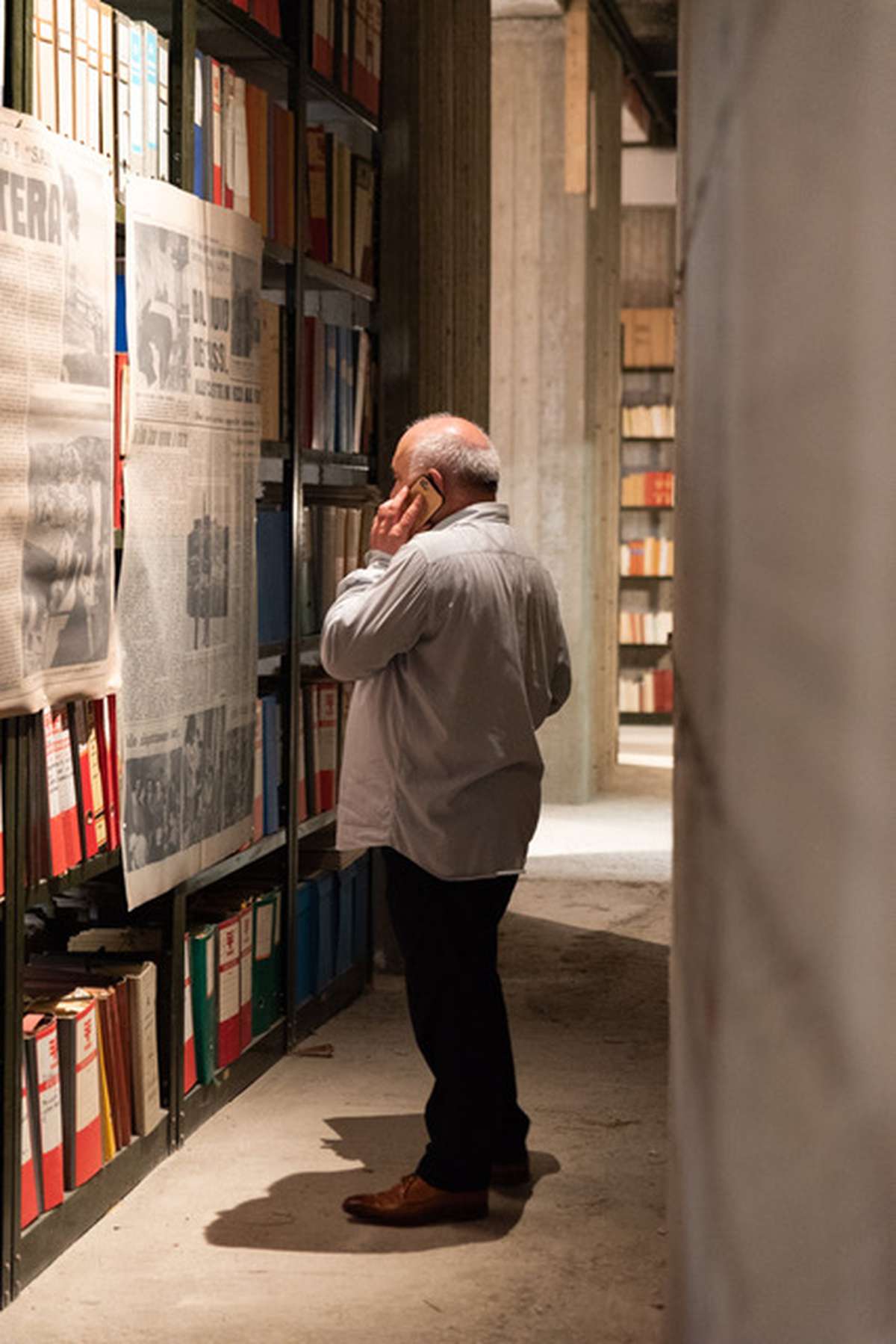
Exhibition for Matera 2019 ECoC: Party room
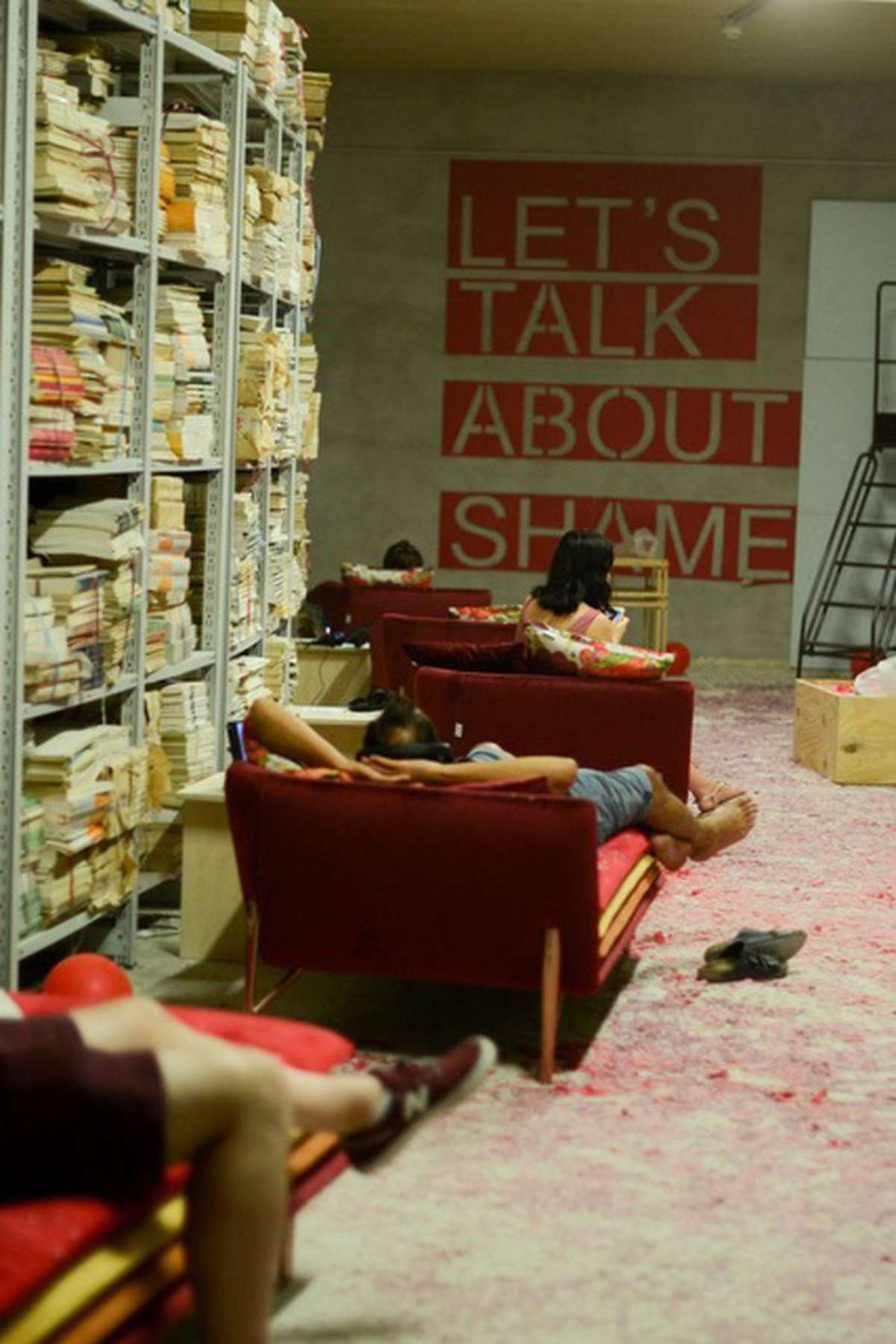
Exhibition for Matera 2019 ECoC: Party room detail
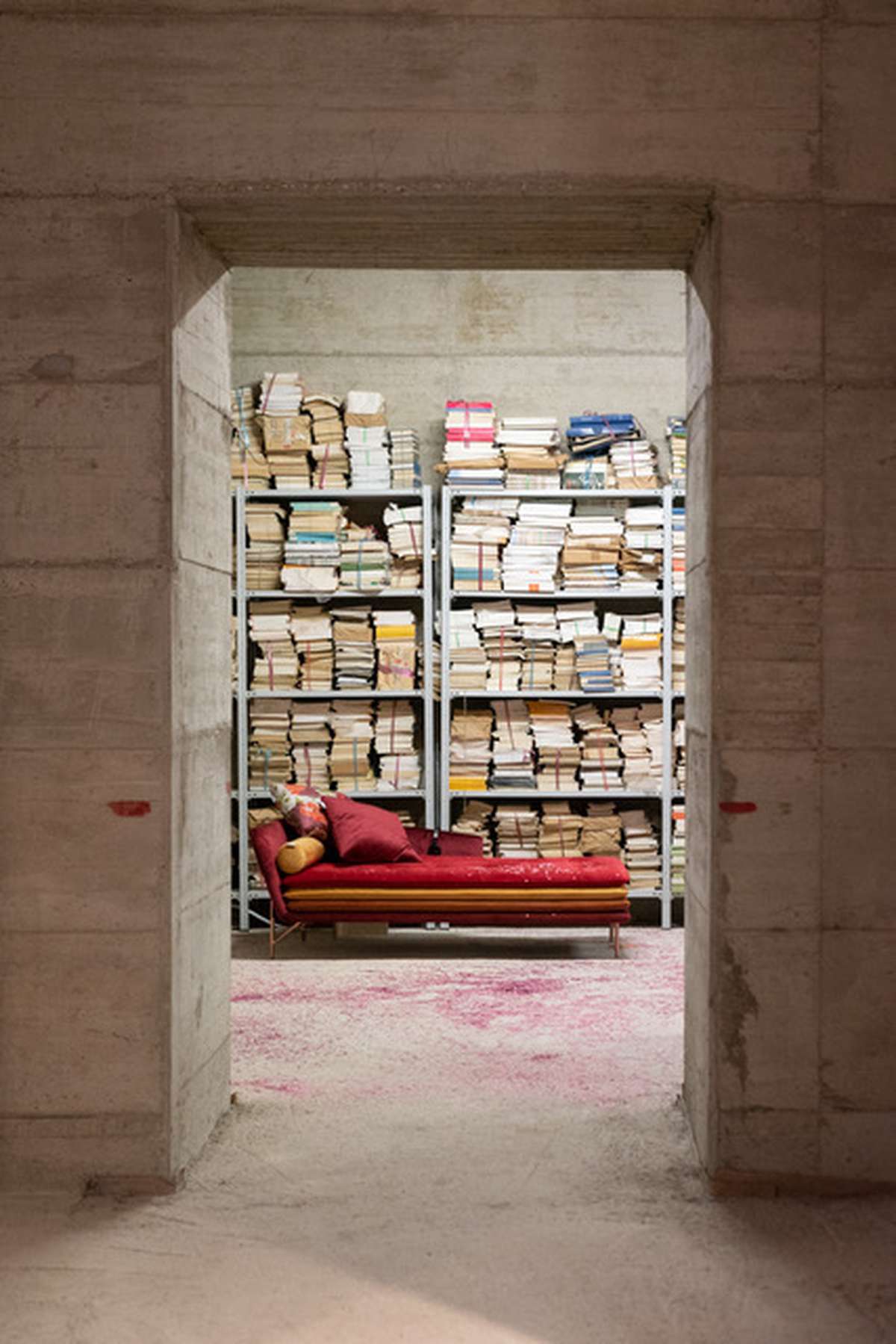
Exhibition for Matera 2019 ECoC detail
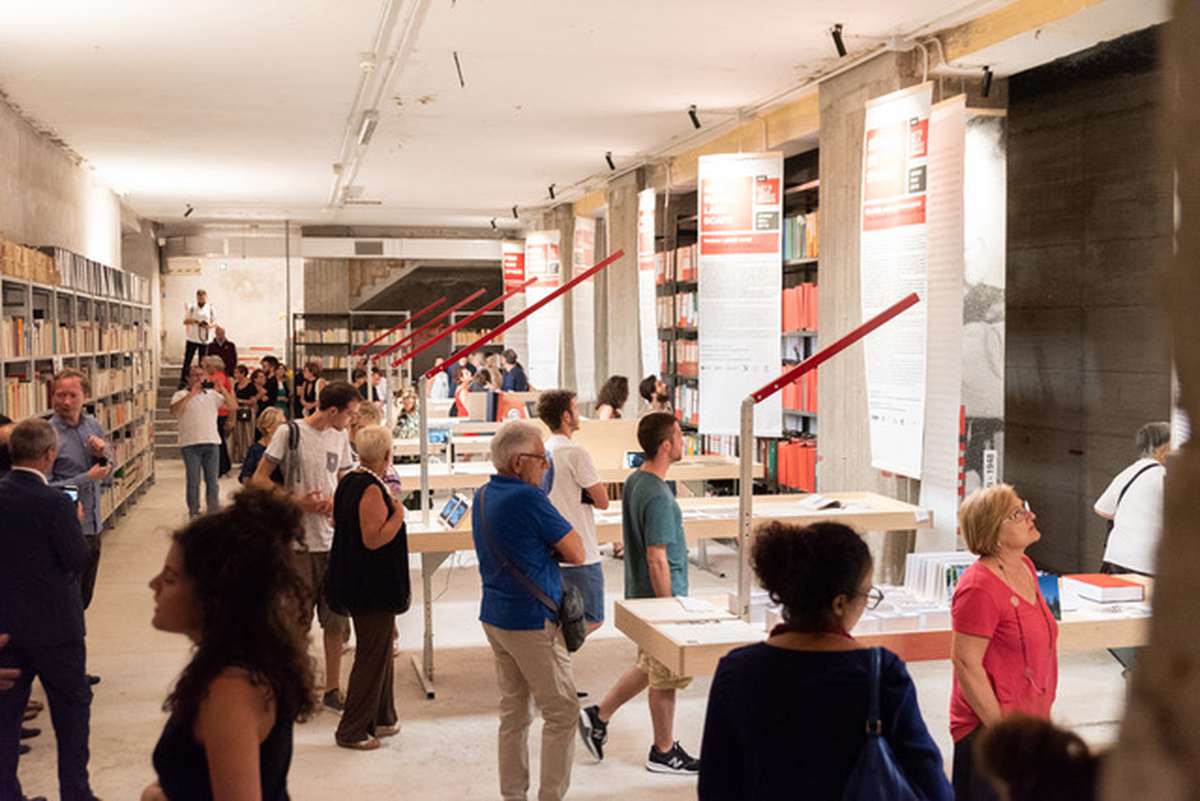
Exhibition for Matera 2019 ECoC detail
Architecture of Shame
Architecture of Shame

- Site-specific cases
AoS uses the relationship between Architecture and Shame to trigger a productive dialogue about which part of our identities is reflected in the built space and in the way we look at it.
The starting cultural filter is the story of Matera (IT) called Shame of Italy in 1950 and recognized a World Heritage in 1993.
This radical change occurred thanks to a cultural evolution.
By using shame as a tool we want to question a "negative feeling": should we be ashamed by some architectures, places, cities or should we re-consider their qualities? Are we feeling ashamed enough by those architectures that shows embarrassing sides of our culture?
In between of these questions we can investigate architecture as the place of social intimacy and public values, we can use architectures as a way to talk about unresolved questions of our public life and civic engagement.
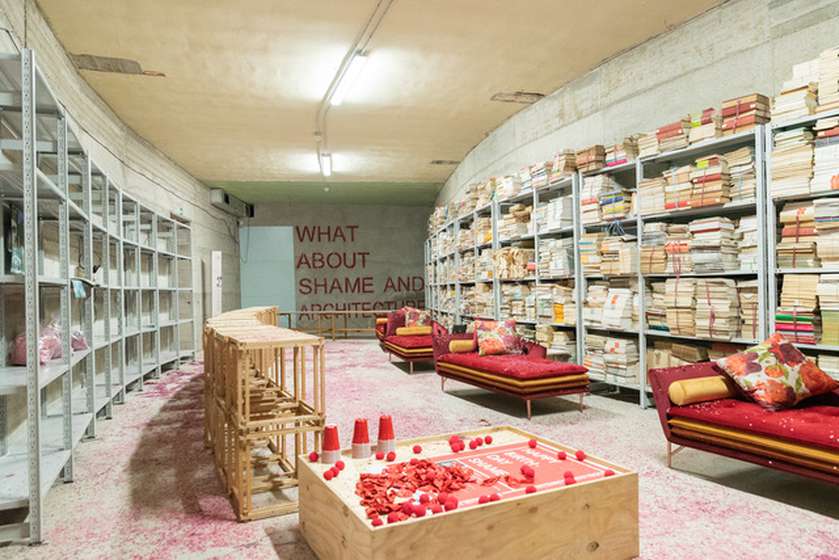
Exhibition for Matera 2019 ECoC: Archive room
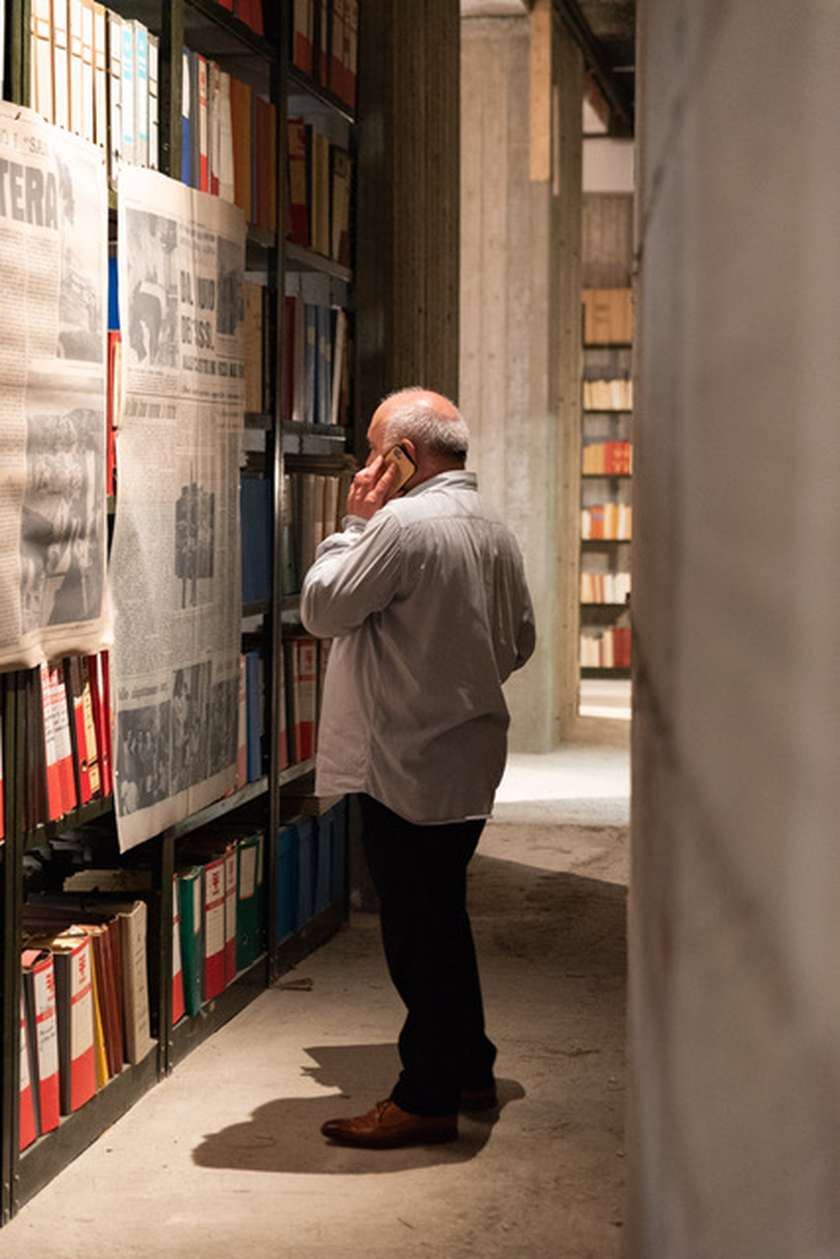
Exhibition for Matera 2019 ECoC: Party room
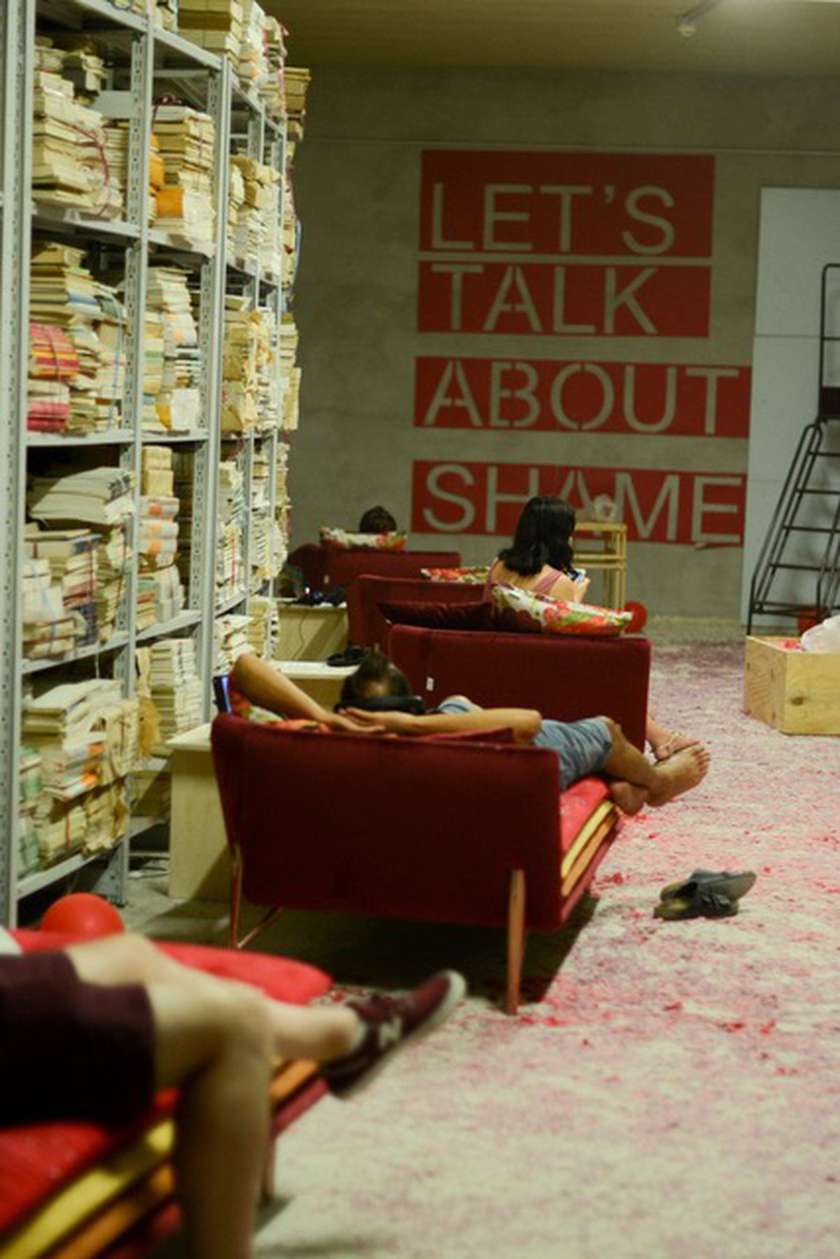
Exhibition for Matera 2019 ECoC: Party room detail
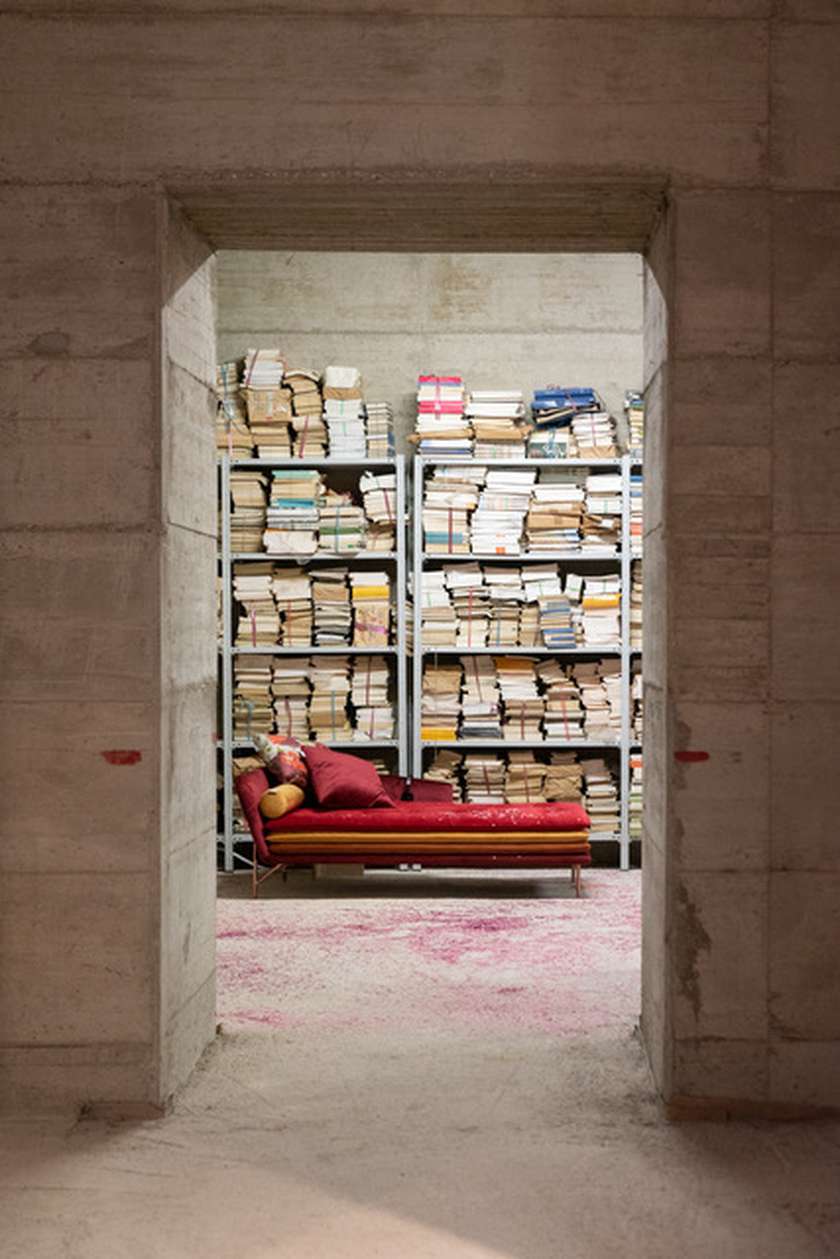
Exhibition for Matera 2019 ECoC detail
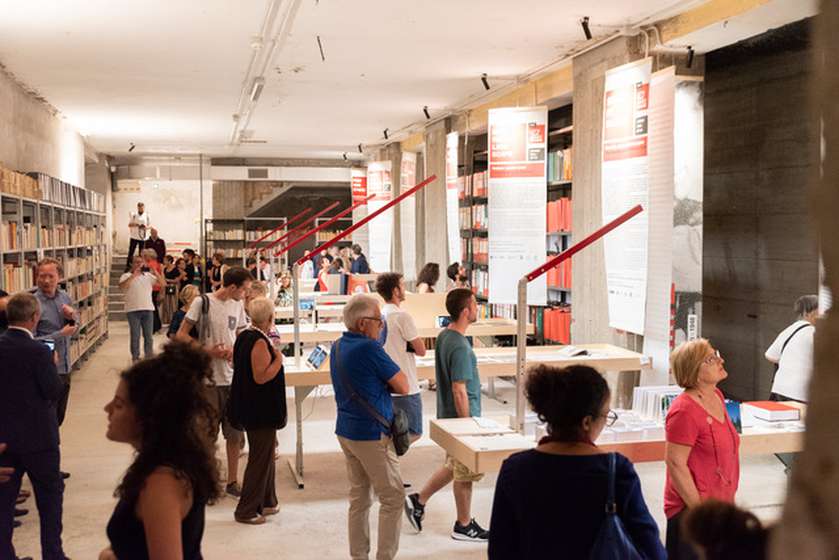
Exhibition for Matera 2019 ECoC detail
